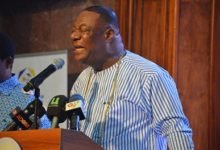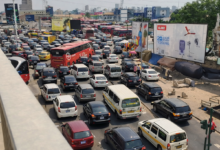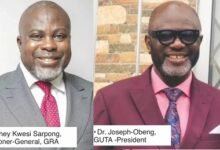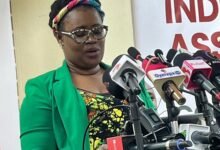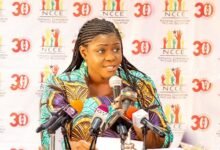Old People’s Association of Ghana appeals for geriatric infrastructure
The Old People’s Association of Ghana (OPA-GH) has appealed for a geriatric infrastructure in Ghana.
A geriatric infrastructure is a health facility for older patients, including specialised geriatric nurses.
They also called for the passage of the aged bill into law by parliament which would provide rehabilitation, health care, support and social protection for older persons.
According to the association, it would set the right policy environment for a complete approach towards older persons’ care in the country and healthier older adult population.
The association’s request was highlighted over the weekend during the celebration of the 77th anniversary of the United Nations and the 32nd International Day of Older Persons (UNIDOP) in Accra, with the theme; “Resilience of Older Persons in a Changing World.”
Highlighting some challenges faced by older persons, the Director of OPA-GH, Mr Nathaniel Botchway, mentioned the lack of geriatric infrastructures in the country, less older people with pension plansand financial burdens.
“We are appealing to government to construct some health facilities for the aged because the queues and frustrations we experienced in hospitals compounded to more related health issues,” he said.
Mr Botchway also stated that, there was less financial support and programme packages, towards improving the health of older persons in the country, of which, when resolved could yield many health and socio-economic benefits to them.
“Even in government agenda, the plans and care for older people are excluded, this increases our struggles in taking care of ourselves and for that reason,we are calling for more financial support and programmes for the aged because we believe can impact the youth and society with our rich experiences,” he said.
The day, October 1 set aside by the UN seeks to highlight the resilience of older persons in the face of environmental, social, economic and lifelong inequalities as well as raise the awareness of the importance of improved world-wide data collection, disaggregated by age and gender.
Also, the day serves as a wakeup call on member states, UN entities and civil society to include older persons in all policies, ensuring gender equality as described in the UN Secretary-General’s report.
BY ANITA ANKRAH


